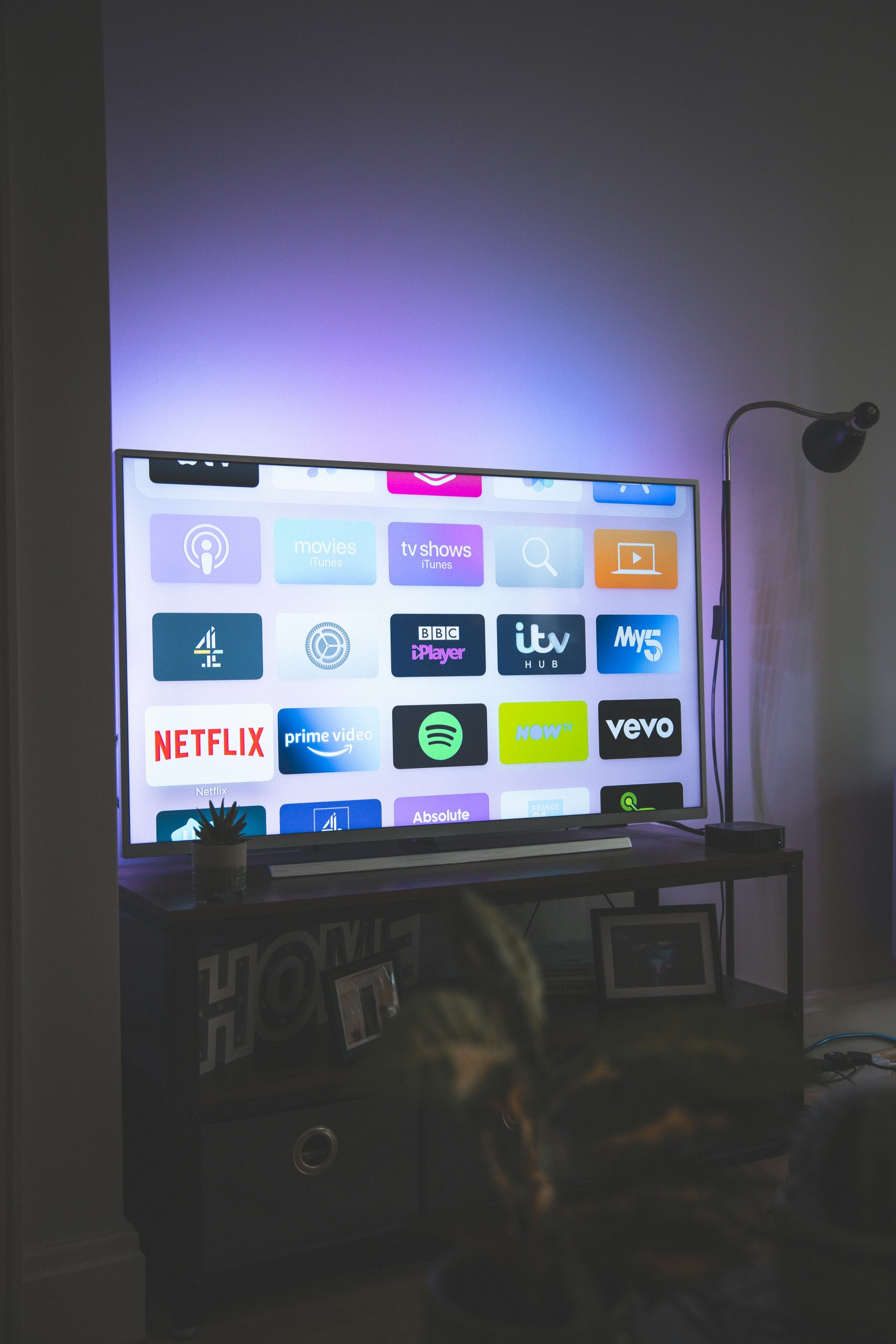For about the last 50 years the world has been in the Information Age. That is not marketing speak, it is a real historical period, and it hasn’t yet been replaced.
In the meantime the flow of information continues to grow. Once it was a stream, then a river, and now a raging torrent.
You may have noticed that all of those words: stream, river, and torrent, are or have been used to describe the flow of information. You are undoubtedly aware of streaming, which is what services like Netflix use to flood your mind with things you’d never drink.
And if you are astute — something I assume about all of our readers — you will also know that a lot of the information available to us is wrong.
I say that not because I see all the information. I say it because whatever information you receive, its opposing view is also out there. They can’t both be right.
Or can they?
One of the challenges of all this information is the conflict of ideas. Most people dislike conflict and consequently seek ways to avoid it. For instance:
- I only watch the news channels I agree with.
- Mostly I hang out with people who agree with my point of view.
- I think those who disagree with my political position are not thinking.
- That may be true for you, but it isn’t true for me.
My apologies if any of that made you feel uncomfortable, but it is the way of the world. After all, we can now broadcast (online, TV, radio, etc.) the equivalent of more than 300 newspapers per person per day. We simply can’t absorb even a fraction of what’s available.
I’ve heard that last bullet point (true for you but not for me) a number of times. The idea is that truth is no longer objective, only subjective. In other words, truth is used as another word for opinion.
That in itself is wrong, because truth is a different word than opinion. Truth is that which agrees with reality. It does not require or even depend on anyone’s opinion.
The earth is not flat, for instance.
People can, however, have different opinions. That is a good thing for many reasons. The problem arises when those opinions become so embedded in our minds that they sound like truth when we say them.
Stuck on you
 From the beginning the vaccines that have been developed in the fight against Covid have been controversial.
From the beginning the vaccines that have been developed in the fight against Covid have been controversial.
I have friends who are staunchly in favor of being “fully vaccinated” and getting booster shots. On the other hand I have friends who are completely against the vaccine and others who are completely against booster shots.
Those who are against these vaccines, by the way, are not making a direct political statement. They genuinely distrust the vaccines themselves, and with good reason.
How does that happen? People receive, read, and react to different information. That alone makes it almost impossible for us to come to the same conclusion.
One place where there has been extraordinarily broad agreement around the world is in supporting Ukraine. I hate what is happening there, but I’m encouraged at the world’s response.
Covid was a common enemy we didn’t know how to fight. At the beginning I thought it might pull us together. But we politicized it, much to our detriment.
But wait, there’s more…
(See how I’m getting ready for our infomercial?) The statement that prompted me to write this post came from a truck driver who was part of the convoy protesting vaccine mandates.
 I watched as an interviewer asked him about the war in Ukraine, which had started about a week before the interview.
I watched as an interviewer asked him about the war in Ukraine, which had started about a week before the interview.
The man said, “What war?”
The interviewer said, “The war in Ukraine.” And the man replied, “There is no war in Ukraine.”
He was not joking, he believed the war in Ukraine was a hoax.
Part of me wanted to shout at the man through my TV set, but it’s one of those flat screen things so I’m sure it wouldn’t have worked.
We also know that Russia began the war by invading Ukraine, a sovereign nation. Of course the Russian media’s narrative is that the war was started by the West, specifically the United States and NATO. They also say they are on a peace-keeping mission.
It has been widely reported that only 4% of Russians believe Putin is responsible for invading Ukraine. As truth leaks in, though, that percentage will grow.
So how do you decide what is true?
The simple way is to check in with reality. If you can’t do that, then consider the source of your information.
A very good friend of mine told several of us that his wife had some scary physical symptoms that caused him to get her to the ER. Her heart rate was very high (170+), and she had other issues.
Tests revealed no likely causes, but an endocrinologist asked about her Covid vaccine status. She had received a booster, and after that contracted Covid. After recovering she experienced those symptoms.
They asked the endocrinologist why she had asked, and she said she had seen these exact symptoms in about half-a-dozen people who had also received a booster then had Covid.
Could new information coming from an impeccable source change the way I think about a booster shot? Of course.
Might President Zelensky’s speech to the U.S. Congress affect the way some think about Ukraine? Yes.
Learn to listen to credible sources, then think, then keep checking.
Too often we listen without thinking. Far too often we only listen to information that leans toward what we already believe. And worse still, we speak in pejorative terms about those with whom we disagree.
If we want to do good, we must learn to listen. We must also learn to discern. And we must learn to check our sources for any biases they hold.
There is too much at stake in the world for us to not know what we believe, or even worse to not know why we believe it.
Do good. It’s in you.

2 Responses
I believe Jesus is the only Way. I believe He is the Answer. I believe in absolute truth. So, what do you think about that?
I’ve thought about this a lot, and I think you have it right.
In fact I, too, believe all of that. And no matter how hard I have tested those beliefs over the years, they still hold up. Everything that is true will, you know, so I also think we should never be afraid to test our beliefs. One great way to do that is by sharing them. But that is the topic for next week’s post, so I’ll leave it alone for now.